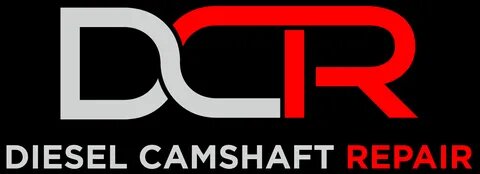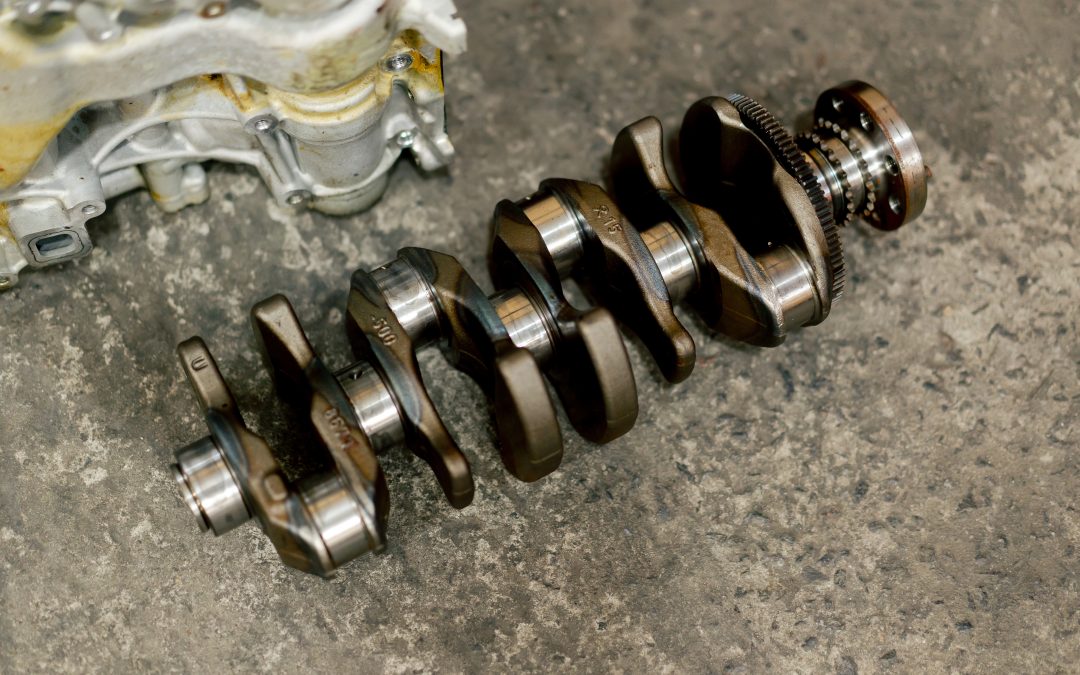Benefits of Forged vs. Cast Crankshafts for Heavy-Duty Engines
When it comes to heavy-duty engines, durability, performance, and reliability are crucial factors that can make all the difference in a vehicle’s longevity and efficiency. One key component that plays a major role in engine performance is the crankshaft.
In particular, understanding the difference between forged and cast crankshafts can help engine builders, mechanics, and truck operators make informed decisions. Both types of crankshafts have their pros and cons, but forged crankshafts tend to be the go-to choice for heavy-duty engines.
Let’s dive into the benefits of forged versus cast crankshafts, specifically focusing on heavy-duty engines.
What Are Crankshafts, and Why Do They Matter?
Before getting into the differences, it’s important to understand what crankshafts do. In simple terms, a crankshaft converts the linear motion of the pistons into rotational motion, powering the engine’s drivetrain. It is a vital component that must withstand extreme forces and high levels of stress over time.
For heavy-duty engines, the crankshaft must be particularly strong and durable, given the higher demands placed on these vehicles, whether it’s hauling heavy loads, operating in tough environments, or running for long periods without rest. A well-built crankshaft can mean the difference between a reliable engine and one that needs constant repairs.
Cast Crankshafts: An Overview
Cast crankshafts are made by pouring molten metal into a mold, allowing it to cool, and then shaping it to its final form. The casting process is less expensive and quicker than forging, which makes cast crankshafts a popular choice for mass-produced vehicles and light-duty applications.
Advantages of Cast Crankshafts:
Lower Cost: One of the biggest advantages of cast crankshafts is their affordability. The casting process requires less labor and fewer steps than forging, making it a cost-effective option for manufacturers and end-users.
Good for Light-Duty Applications: Cast crankshafts perform well in applications where the engine doesn’t face extreme stress or demands. For daily driving, city commuting, or light trucks, a cast crankshaft can serve the engine well.
Easier to Produce: Since the casting process involves molding, it’s relatively easier to mass-produce cast crankshafts in large quantities. This makes them widely available for most standard engine applications.
However, while cast crankshafts may work well for lighter vehicles, they may not be the best option for heavy-duty engines. The casting process creates a grain structure that is more prone to cracking under extreme stress, which can be a significant drawback for engines that need to perform under tough conditions.
Forged Crankshafts: An Overview
In contrast to cast crankshafts, forged crankshafts are made by heating a solid piece of metal and then shaping it using high pressure. This process aligns the metal’s grain structure, creating a stronger and more durable crankshaft.
Advantages of Forged Crankshafts:
Superior Strength: The forging process significantly increases the strength of the crankshaft. The metal grains are aligned with the shape of the crank, making it much more resistant to stress and wear. This added strength is essential for heavy-duty engines, where reliability is key.
Higher Fatigue Resistance: Fatigue occurs when a material is exposed to repeated stress over time, causing it to weaken and eventually fail. Forged crankshafts have higher fatigue resistance compared to cast ones. This means they can withstand the high levels of stress and strain that heavy-duty engines are often subjected to, such as pulling heavy loads or running for long hours.
Better Durability: Heavy-duty engines require parts that will last over time, even in harsh conditions. The forging process produces a crankshaft that is much more durable than a cast one, ensuring the engine can continue running efficiently with fewer chances of part failure.
Impact Resistance: Heavy-duty engines often face sudden loads and shocks, such as when a truck goes over rough terrain or takes on a heavy load. Forged crankshafts are better at absorbing these impacts without cracking or bending.
Higher Tensile Strength: The ability to handle high tension without stretching or breaking is a key feature of forged crankshafts. In heavy-duty engines, where high torque is often required, this extra tensile strength is crucial for maintaining engine performance.
Why Choose a Forged Crankshaft for Heavy-Duty Engines?
For heavy-duty applications, like those found in trucks, construction vehicles, and industrial machinery, the choice between a cast and forged crankshaft can have long-term implications on performance, reliability, and cost. While cast crankshafts may save some money upfront, forged crankshafts provide significantly more value over time due to their durability and resistance to wear.
Reliability in Harsh Conditions: Heavy-duty engines often operate in demanding environments, from extreme heat to freezing cold, and in situations where engine components are subjected to massive forces. Forged crankshafts are designed to handle these conditions, making them the better option for those who prioritize long-term reliability.
Longevity: While forged crankshafts cost more initially, they often outlast cast crankshafts by a significant margin. This longevity can result in fewer repairs, less downtime, and lower overall operating costs—benefits that are especially important for businesses relying on heavy-duty vehicles.
Performance: A forged crankshaft can handle higher torque and RPMs, making it ideal for heavy-duty engines that require high levels of power. For industries like trucking or construction, where performance under load is critical, a forged crankshaft ensures that the engine can deliver the necessary power without risking failure.
Conclusion: The Smart Choice for Heavy-Duty Engines
In the debate between cast and forged crankshafts, it’s clear that forged crankshafts offer significant advantages for heavy-duty engines. While cast crankshafts may be suitable for light-duty vehicles, they simply don’t have the strength, durability, or fatigue resistance that forged crankshafts provide.
For anyone working with or maintaining heavy-duty engines, investing in a forged crankshaft is a smart choice that pays off over time. With better strength, higher durability, and increased performance, forged crankshafts ensure that heavy-duty engines can operate at their best, even under the most challenging conditions.
Ultimately, the benefits of forged crankshafts—especially in terms of longevity and reliability—make them the preferred option for those looking to get the most out of their heavy-duty vehicles and machinery. Whether you’re hauling heavy loads, running long hours, or tackling tough terrain, a forged crankshaft can keep your engine running smoothly and efficiently for years to come.

